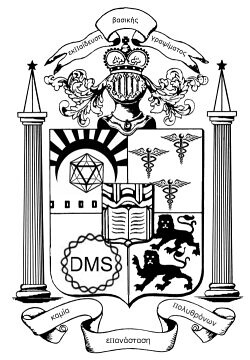A couple of days ago, I wrote about whole genome studies of human tumours. My post whined about the difficulty of digging anything out of such studies, and used the popular press reports to back that up.
As promised, I went back and read one of the original articles - the one about pancreatic cancer. These articles are significantly more successful than advertised. Methodologically, they didn't just look at the less than 1% of the genome that directly codes genes, they also looked at expression levels of those genes, which gets at mutations in the other 99%.
Aggregating those two pieces of information gave them the ~60 mutations in each of the pancreatic cancers. As expected, few genes came up consistently. At this point, the authors took advantage of what we know about cell biology: few genes act independently, they work in networks, or pathways.
Consider how I'm typing this paragraph now - ideas enter my mind, I pass the signal to my fingers to type, the keyboard converts the mechanical movement of the keys into electricity, the computer reads the signal from the keyboard, the wireless card transmits the data to the internet, a server stores the data, etc. etc. You might simplify it as:
Brain->Fingers->CPU->Network card->Server->Your Network Card->Your CPU->Your Monitor->Your Eye->Your BrainTwo things to notice. 1: A breakdown at any step of the process will cause the same end effect - you perceive nothing. 2: The exact physical thing is not being transmitted. Now, consider a molecular pathway, the Insulin-like Growth Factor pathway:
IGF-1->IGFR->Grb2->SOS->Ras->Raf->Mek->Erk->ElkPure poetry, I know. It's known that Ras is mutated in about 25% of cancers. Perhaps Ras is particularly succeptible to mutation, but there's little reason why Ras has to be the point of mutation. And, indeed, while Vogelstein's group failed to find specific genes that were universally mutated, they found several pathways that were very frequently or always mutated.
This brings us to why this is good news. 100% of patients with pancreatic cancer had a mutation in this pathway (they refer to it as KRAS). This means A: You don't need to alter specific members of the pathway, you just need to change the output toward normal and B: If you find something that does affect the IGF pathway, you can give it to all your pancreatic cancer patients.
C: Read the actual article before you go off.

No comments:
Post a Comment